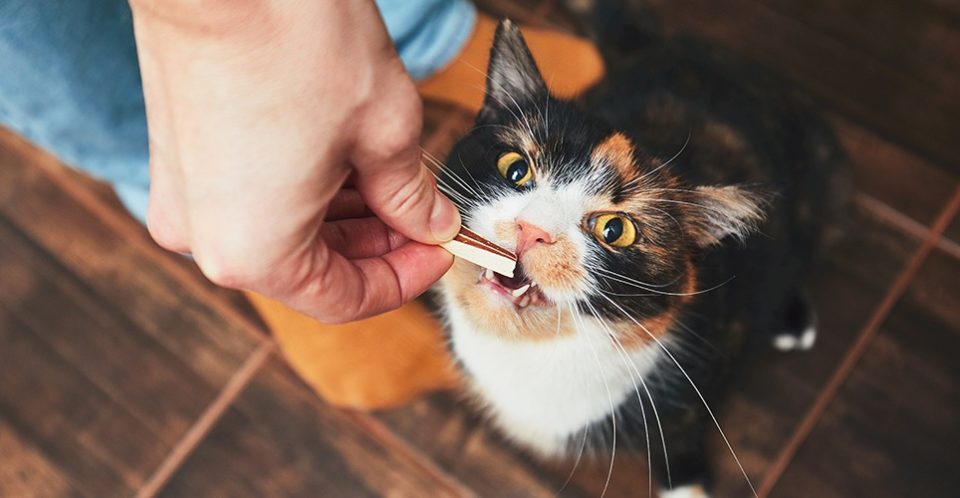Dr VS Pragdin, from Parklands Veterinary Clinic, is our October 2021 Vet of the Month.

Just in time for spooky season, this month he looks into whether human treats can be tricky for your pets. So, if you’re wondering whether sharing something sweet with your fluffy pal can be dangerous – here is what Dr Pragdin has to say:
It’s Halloween time again, and candies, chocolates, fruits, and flavoured drinks are all on the menu. While tasty for humans, pet owners should be aware that these items are all toxic to animals, and cause serious medical trauma for your beloved furry friend.
No matter how pleadingly your pet looks at you, do not give them any of these toxic foods:
- Chocolates
- Xylitol sweeteners
- Caffeine
- Avocados
- Garlic and onions
- Macadamias
- Nuts
- Mustard seeds
- Grapes and raisins
- Alcohols and narcotics
- Raw potatoes
- Mouldy food
- Dairy products like milk
- Bones
Each one of the above mentioned toxic treats can cause serious medical conditions, ranging from cardiac, neurological, liver, skeletal, and renal problems. These conditions often require expensive emergency care, and, depending on the amount ingested, may even result in death.
What to do if your pet has ingested something toxic
Here’s what to do if your pet has ingested any of these common toxic foods:
1. Chocolate toxicity
This product contains theobromine (methylxanthine), which can cause the following effects in your pet:
- Stimulation of the skeletal muscles in the form of contractions.
- Cardio-vascular collapse
- Neurological conditions like panting and nervousness that can last up to 10hrs.
Treatment:
If your pet has eaten chocolate, take them to your vet for immediate emergency care – ideally within two hours of ingestion.
The vet will likely induce vomiting with charcoal and atropine. In cases of cardiac arrhythmia, they might administer defibrillation of the heart to stabilise the rhythm. Depending on the toxicity level, a drip flush treatment may be required, after which your pet’s cardiac and renal kidney function will be analysed.
2. Xylitol toxicity:
Xylitol is a common sweetener found in cakes, cupcakes, sweets, etc.
Here’s how it can affect your pet:
- Hypoglycaemia
- Acute hepatic necrosis
- Renal failure
Treatment:
Pets who have ingested Xylitol are usually given a drip treatment containing glucose. However, their hepatic function and renal systems have to be evaluated – depending on the severity of the toxicity, hepatic damage can be permanent.
Save your Sweetie from sweeties
While you might long for the occasional treat, remember that dogs and cats are habitual by nature and are happy eating the same diet every day. However, should you feel the need to treat your pet then stick to snacks made specifically for animals. When in doubt, always consult your vet – they should be able to advise whether a treat is good for your pet’s internal and external health.



